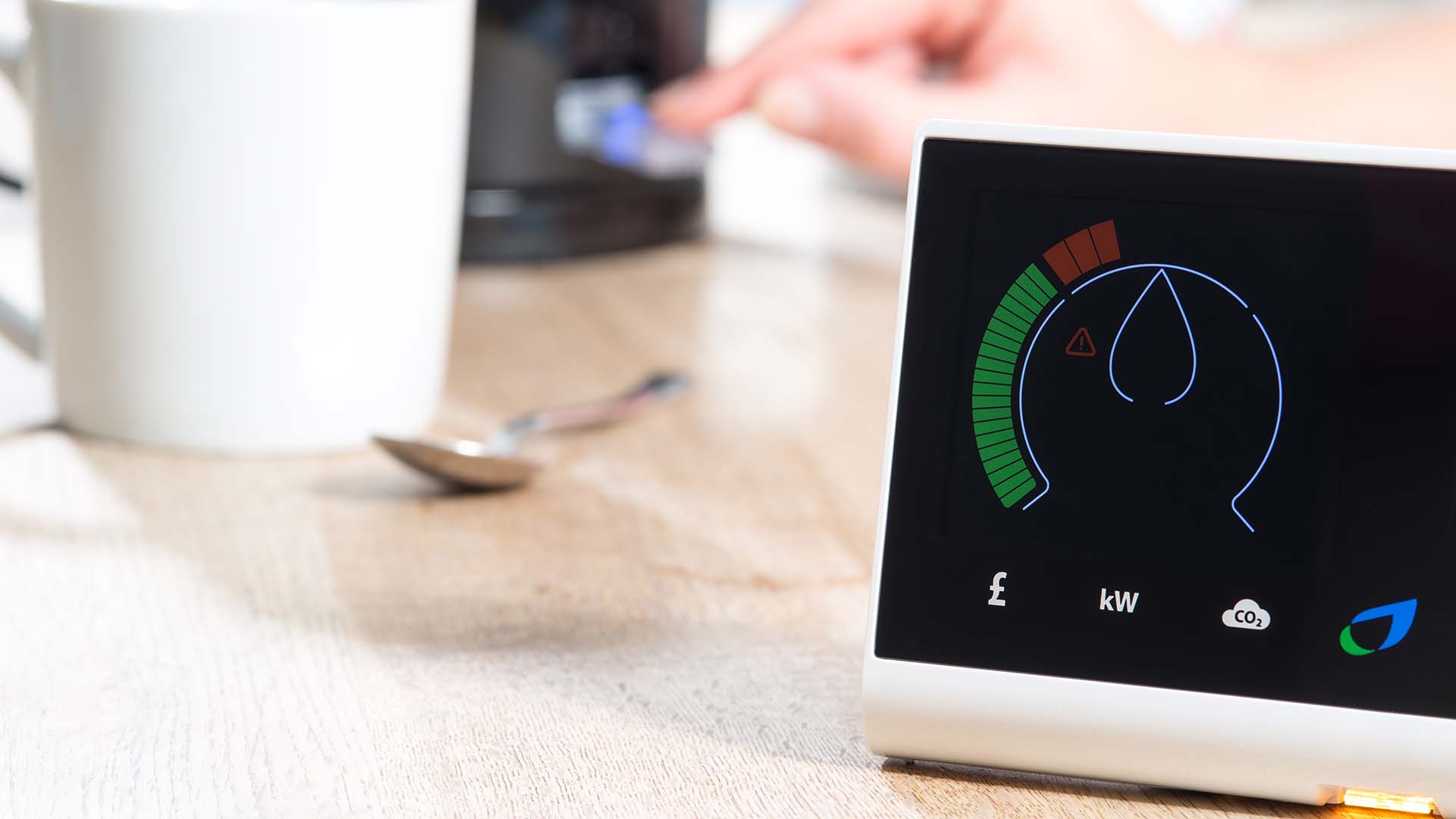The soaring cost of energy is all over the news. A rise in the price cap means the average UK household is likely to pay 80 percent more for electricity and gas from October 2022. Cornwall Insight predicts a typical energy bill of £3,549 a year, rising again to £5,387 from January 2023.
For those who own an electric car, the increase in the cost of electricity will obviously hit harder. However, while the savings aren’t what they were, charging at home will still be cheaper than using public EV chargers – and cost less than refuelling a conventional car.
Factor in the substantial tax savings that come with an electric car and your running costs should still be lower overall – particularly for company car drivers.
The Energy Saving Trust says driving 200 miles in a conventional car will cost between £26 and £32 in fuel: three or four times more than the current cost of charging an electric car at home. Even if the price of electricity more than doubles, as predicted, that’s still a saving. And don’t forget the cost of petrol and diesel can rise significantly, too.
As pointed out by Electric Nation, annual electricity consumption varies widely and is influenced by battery size. In a trial, it found that average energy use for an electric car with a smaller battery (up to 25kWh) is about 1,800 to 1,900kWh per year.
For a larger battery (35kWh+), it’s about 3,500kWh. Annual household consumption (without an electric car) ranges from 1,900kWh to 4,600kWh per year, so every car charging at home is equivalent to another house.
Electric car energy tariffs

Most energy companies offer tariffs designed for specifically for owners of electric cars, which supply 100 percent ‘green’ electricity (generated by wind farms, solar panels or other renewable sources).
However, many of these – including EDF Energy GoElectric, British Gas Electric Drivers and OVO Drive EV – have been temporarily withdrawn due to the volatility in the energy market.
Indeed, energy companies seem unwilling to even take on new customers. Try to sign up to OVO Drive EV and the website states: ‘We’d love to have you. But right now, it’s best for customers to stick with their current suppliers rather than switching. If you’re on a fixed tariff, it’s probably the best deal for you.’
If you are willing to swap providers, the best tariff we can find at present (September 2022) comes from Octopus Energy. The Octopus Go tariff offers ‘super-cheap’ electricity at 7.5p per kWh between 00:30 and 04:30 every night.
Alternatively, the Intelligent Octopus plan – for owners of Tesla, Jaguar and Land Rover plug-in cars – has a longer off-peak period and uses machine learning to find the best times to recharge.
Octopus also offers 5,000 free electric miles (calculated assuming an efficiency of 250kWh for every 1,000 miles) if you lease an EV via its website.

There’s no escaping the fact that you will pay more for your electricity by charging an electric car at home. However, the cost will be offset in other ways, particularly when compared with a petrol or diesel car.
Let us know about your experiences with running an EV in the comments. How much have costs increased – and how much have you saved?
ALSO READ:
What are the pros and cons of electric cars?


[…] A new ‘smart’ electricity tariff has been introduced to offer electric vehicle drivers a cheaper, greener, home charging option. […]
[…] using a simple three-pin domestic plug socket, leaving it overnight for a fully-charged car – via cheaper, off-peak electricity – when you wake up the next […]
Maybe not but it may cause problems with your home and contents insurance if you have a charging related fire on the property. I’ve just renewed my home insurance and found a number of new EV-related conditions in the cover. Using your emergency labelled ‘Granny cable’ to regularly do an overnight off-peak charge rather than installing a proper charging point is a definite exclusion. I also have to declare the presence of any EV on the property because the batteries are regarded as hazardous chemicals. You should also be aware that if you’re a tenant plugging an EV into the domestic supply could breach your tenancy agreement. Short term gain, long term? Very expensive if it goes pear-shaped.
[…] it comes to the latest clean energy technology, seven percent of EV owners have a heat pump instead of a gas boiler. For comparison, only one […]